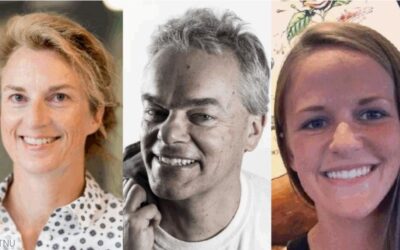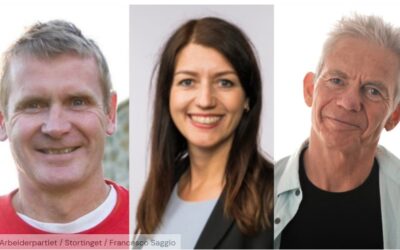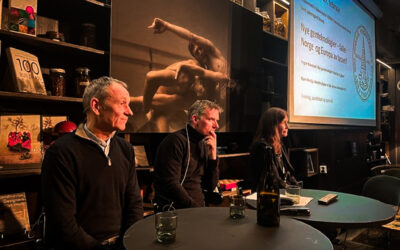
Botanisk vandring i Sølendet naturreservat
Den 7. juli kan du igjen bli med til Sølendet utenfor Røros. Vi fortsetter den populære tradisjonen med å arrangere omvisning i naturreservatet der, som før med hjelp av professor Asbjørn Moen og Dag-Inge Øien fra NTNU Vitenskapsmuseet.
Program
2025
- 7. juli: Botanisk vandring i Sølendet Naturreservat.
- 15. september – akademimøte: Edvard Moser og kollega fra Kavli-instituttet for nevrovitenskap foreleser. (Litteraturhuset)
- 13. oktober – akademimøte: Foredrag med Kalle Moene (prof. em., UiO) og paneldebatt med Guro Angell Gimse, NHO og Roar Aas, LO. (Litteraturhuset)
- 17. november – akademimøte: Tema kommer. Orienteringer fra styret, fysisk valg ny preses og visepreses. (Katedralskolens festsal)
Akademimøte: How does the brain work?
Understanding the axioms of brain computation: Space, time and memory.
Nobelprisvinner Edvard Moser og hans kollega fra Kavli-instituttet, Christy Lykken, kommer til å gi en oversikt over hvor hjerneforskningen står i dag.
Akademimøte: Fordeling og verdiskaping
Er det blitt mer utfordrende å drive næringsvirksomhet i Norge? Eller er det bare de rike som er blitt mer utfordrende? Professor Kalle Moene holder innlegg og møter Guro Angell Gimse fra NHO og Roar Aas fra LO i panelsamtale.
Hold av datoene! Akademimøter høsten 2025
Vi legger opp til tre akademimøter for høsten 2025; 15. september , 13. oktober og 17. november. Les innlegg for mer informasjon.

Botanisk vandring i Sølendet naturreservat
Den 7. juli kan du igjen bli med til Sølendet utenfor Røros. Vi fortsetter den populære tradisjonen med å arrangere omvisning i naturreservatet der, som før med hjelp av professor Asbjørn Moen og Dag-Inge Øien fra NTNU Vitenskapsmuseet.
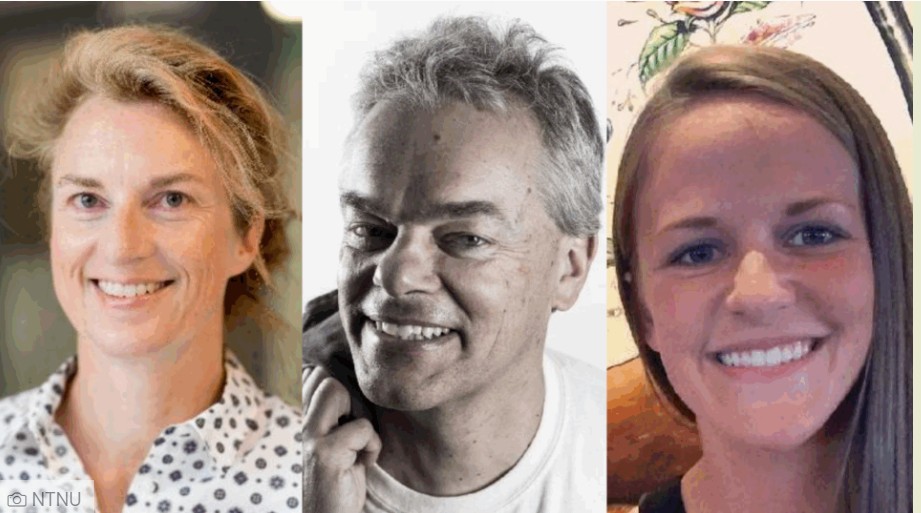
Akademimøte: How does the brain work?
Understanding the axioms of brain computation: Space, time and memory.
Nobelprisvinner Edvard Moser og hans kollega fra Kavli-instituttet, Christy Lykken, kommer til å gi en oversikt over hvor hjerneforskningen står i dag.
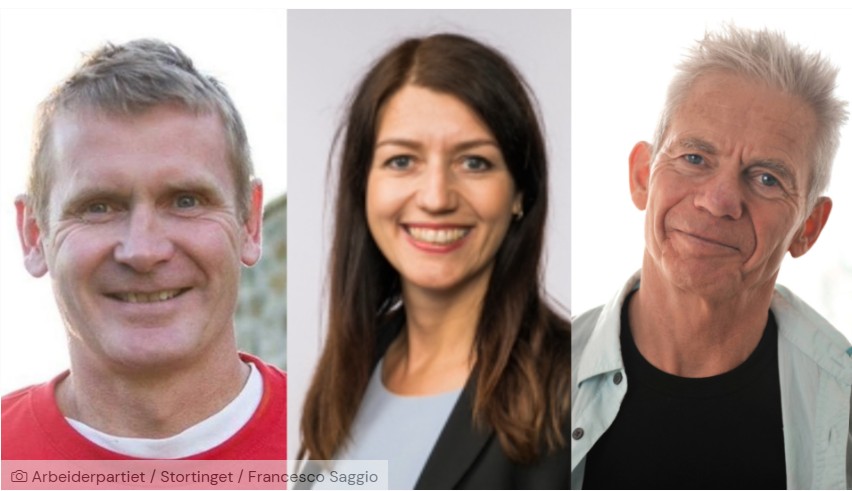
Akademimøte: Fordeling og verdiskaping
Er det blitt mer utfordrende å drive næringsvirksomhet i Norge? Eller er det bare de rike som er blitt mer utfordrende? Professor Kalle Moene holder innlegg og møter Guro Angell Gimse fra NHO og Roar Aas fra LO i panelsamtale.
Høstmøter i Akademiet
16. september: i2B – Into the Blue. Hva betyr et isfritt Arktis?
28. oktober: Magnus Lagabøtes lov 750 år
25. november: Minnemedaljen
Møtene er gratis og åpne for publikum.
Møtestart kl 1900.
